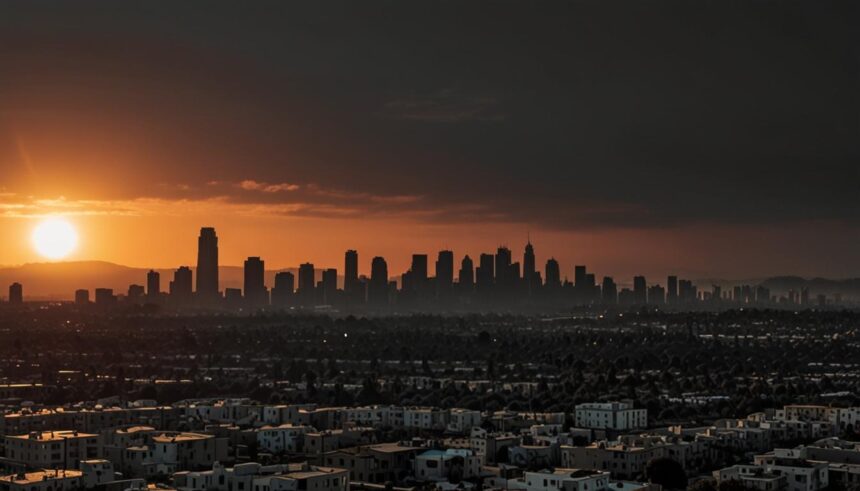Temperatures in the U.S. West Coast are expected to skyrocket well above average, with record-breaking highs forecasted. The heatwave poses dangerous conditions for multiple states, prompting warnings and preparations as the scorching temperatures also set to impact the mid-Atlantic and Southeast regions.
Record-Breaking Heatwave Expected to Hit U.S. West Coast
Temperatures are poised to surge dramatically along the U.S. West Coast on Friday and Saturday, according to the National Weather Service. This escalation in heat is expected to spread rapidly, bringing “dangerous” conditions to multiple states.
Forecasted Heat Wave
Forecasters have indicated that temperatures will be 15-30 degrees Fahrenheit above the seasonal norm, setting the stage for numerous record-breaking highs. Affected areas include significant portions of California, Nevada, Arizona, Oregon, and Washington. In some regions of California and southern Oregon, temperatures may breach triple digits, with Death Valley potentially reaching up to 129 degrees Fahrenheit.
Warnings and Preparations
Heat watches and warnings are already in effect, notably in Los Angeles, where a “Red Flag Warning” has been issued due to “hot, dry, and windy conditions,” heightening fire risks. The alarm follows the recent Thompson wildfire in Butte County, Northern California, which forced numerous evacuations and has been 46% contained.
Nationwide Impact
The extreme heat isn’t confined to the West Coast. Over the weekend, the oppressive conditions will shift eastward, affecting the mid-Atlantic and Southeast regions. Temperatures in these areas are expected to soar into the 90s and low 100s.
Public Safety Measures
The National Weather Service has stressed the importance of staying hydrated and avoiding direct sunlight. Vulnerable populations, such as the elderly and homeless, are particularly at risk. California’s state government is working to provide resources like cooling centers, while nationwide, preparations for excessive heat are being ramped up.
Wider Implications
The heatwave coincides with a broader trend of increasing heat-related deaths, with 2,300 fatalities linked to excessive heat in 2023 alone. In response, the Biden administration recently proposed new regulations aimed at safeguarding workers from extreme heat.
The upcoming days are projected to be some of the hottest on record, with prolonged exposure expected to continue into next week.





